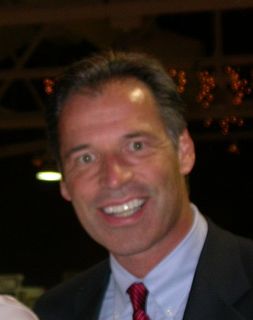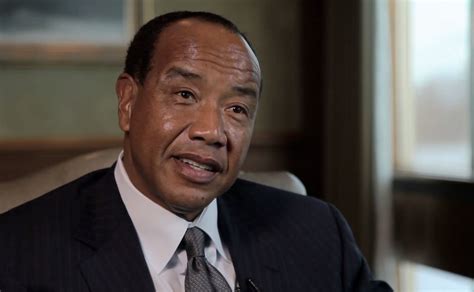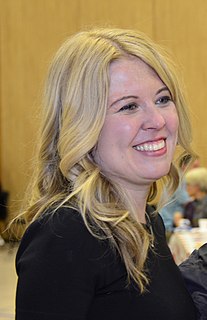A Quote by Tony Hsieh
Good businesses generate missions to drive their profits. Great businesses generate profits to drive their missions.
Quote Topics
Related Quotes
The danger of tautological propositions is considerable in discussions of the concept of normal profits. Because supernormal profits seem to invite newcomers to an industry and sub-normal profits seem to drive away those who are in an industry, some writers are inclined to define normal profits as the earnings of the fixed resources in an industry which neither grows nor declines in size or number of firms. It should be clear that such a definition is useless: it muddles together attractiveness and actual afflux, desirbility of entry and ease of entry, zero profits and monopoly rents.
I think maybe 50 years ago people and businesses felt like they had to choose between maximizing profits and making customers happy or making employees happy, and I think we're actually living in a special time where everyone's hyperconnected, whether through Twitter or blogs and so on. Information travels so quickly that it's actually possible to have it all, to make customers happy through customer service, to make employees happy through strong company cultures, and have that actually drive growth and profits.
There are now businesses and entire industries that exist solely as a result of federal patronage. Profiting from government instead of earning profits in the economy, such businesses can continue to succeed even if they are squandering resources and making products that people wouldn't ordinarily buy.
Businesses just want to increase their profits; it's up to the government to make sure they distribute enough of those profits so workers have the money to buy the goods they produce. It's no mystery - the less poverty, the more commerce. The most important investment we can make is in human resources.
The challenge here is to design a system where market incentives, including profits and recognition, drive those principles to do more for the poor. I like to call this idea creative capitalism, an approach where governments, businesses, and nonprofits work together to stretch the reach of market forces so that more people can make a profit, or gain recognition, doing work that eases the world's inequities.
While Washington pays lip service to the challenges facing small businesses, it repeatedly chooses its own expansion over results. In effect, government has become a huge silent partner in all businesses, often taking a majority of the profits and forcing many unprofitable business decisions without the risk that it will be fired.
When I first went to Hubble, as an astronomer and as a scientist, it was a dream come true. And as an astronaut, the Hubble missions are premiere missions because Hubble is so important to science, so important to humanity, that it's just a very special event. But as an astronomer, it was sort of the holy grail of missions.
































